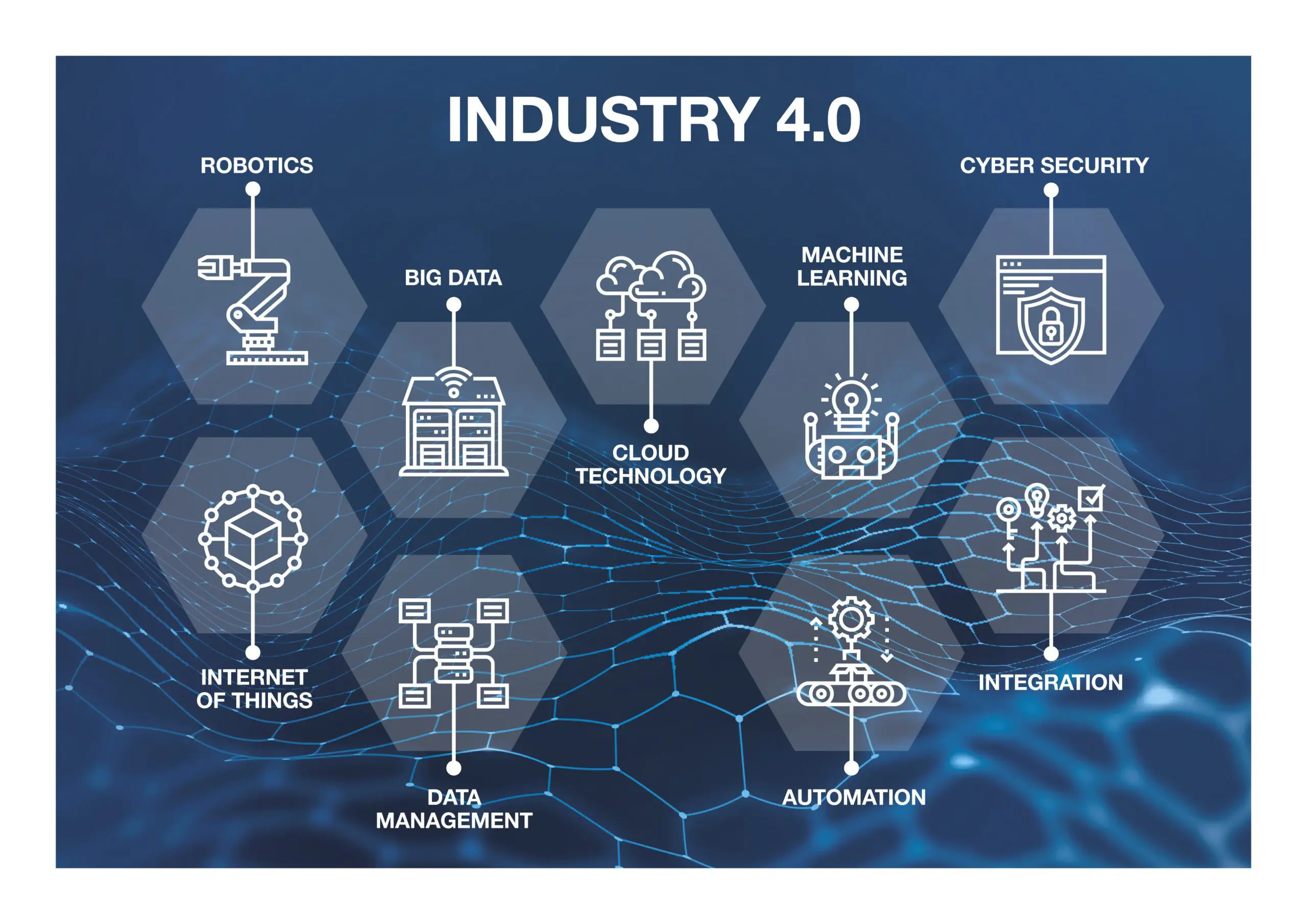- Africa must invest in human development to catch up to the 4IR
- There is a need for policy commitment to developing Africa’s human resources.
- Investing in education is the only way Africa will catch up to the 4IR.
Fourth Industrial Revolution
The Fourth Industrial Revolution (4IR) is in progress, and Africa has been left behind. Digitalization is the core of the Fourth Industrial Revolution (4IR), which includes innovations like artificial intelligence (AI), cloud computing, robotics, and 3D printing, to name a few digital technologies.
Read Also: Integrating Adoption of Artificial Intelligence in healthcare
“We like to talk about progress, but what we have done is leapfrog from low-productive agriculture to low-productive services. That will not generate the jobs we desperately need,” the ACET executive vice president cautions. He warned that African policymakers need a deeper understanding of the 4IR to harness its benefits. Additionally, he said that; “Much of Africa is reverting in transformation, according to ACET’s recently launched Africa Transformation Index.”
Labour skills required to scale-up fourth industrial revolution
Only by investing in skills development can Africa hope for accelerated industrialisation and a chance to reverse its profound low-skill labor force.
“Additionally, Africa needs to invest in formal jobs that can be scaled up, and improve the quality of service to be globally competitive,” comments Natalie Jabangwe, the Chief Digital Officer at Sanlam, a globally recognized financial services firm.
Africa must put more emphasis on its people; this only happens after some time. School syllabuses must be changed and universal education provided to increase its literacy level.
Understanding Africas’ manufacturing value
“… Africa’s manufacturing value has declined over the past 40 years.” Noted, Rita Babihuga-Nsanze, the Chief Economist and Director of Research and Strategy at the Africa Finance Corporation (AFC).
According to her, in the early 1980s, manufacturing’s share of GDP was around 18%, but this value has declined to 10% of GDP as of 2011, and the trend is worsening. We are seeing a downward curve, not a growing trajectory for manufacturing.
“This has been attributed to a lack of capital, poor infrastructure, energy and intentionality, and poor industrial policies,” she detailed.
In her explanation, she said the AFC has promoted the establishment of Special Economic Zones (SEZs) that serve as development models for African countries to ramp up industrialization.
However, she cautions that African policymakers must use the SEZs as models for their more extensive national productivity plans. On the contrary, she said, countries are operating as usual and leaving the SEZ models as isolated production camps.
If Africa is to catch up to the rest of the World and, in particular, meet the requirements and benefit from the 4IR, then the SEZ models should be rolled out as national strategies.
Understanding Industry 4.0, the Fourth Industrial Revelation

Read Also: Artificial intelligence (AI) could create a turning point for financial inclusion in Africa
He explains that while steam propelled the original Industrial Revolution, electricity powered the second, and automation and machinery engineered the third, now intelligent computers are shaping the Fourth Industrial Revolution.
“Fourth industrial revolution stands on the foudations of the Third Industrial Revolution and digital revolution which unraveled from the 1950s and to the early 2000s and brought forth computers, different kinds of electronics and, the Internet,” he writes.
Africa has again been left behind, but there is a chance to catch up. As the experts have explained, what is needed is policy commitment to human development. Africa must invest in its people, prioritize education, and ensure that the current and coming generations are educated at par with the rest of the World, that is to say, educated in digital systems.









